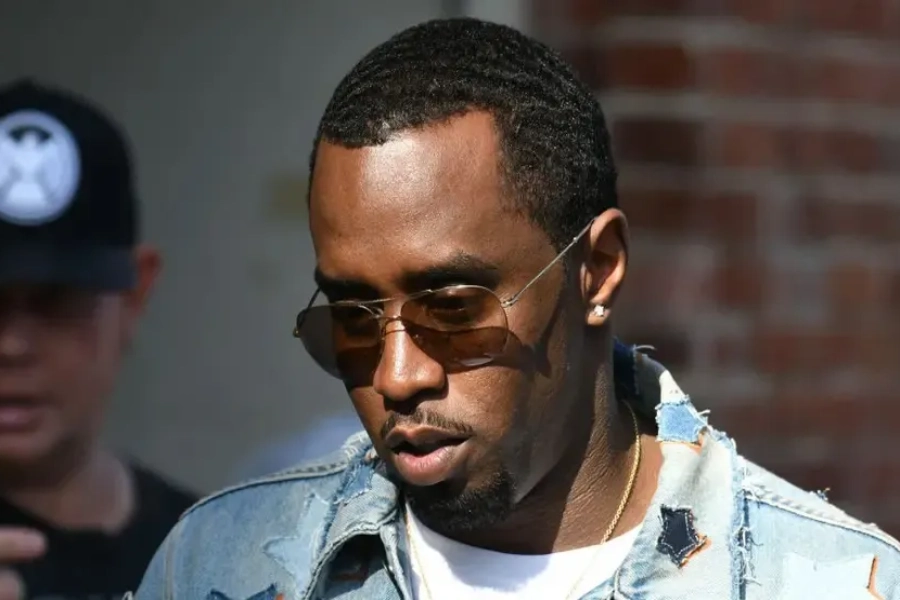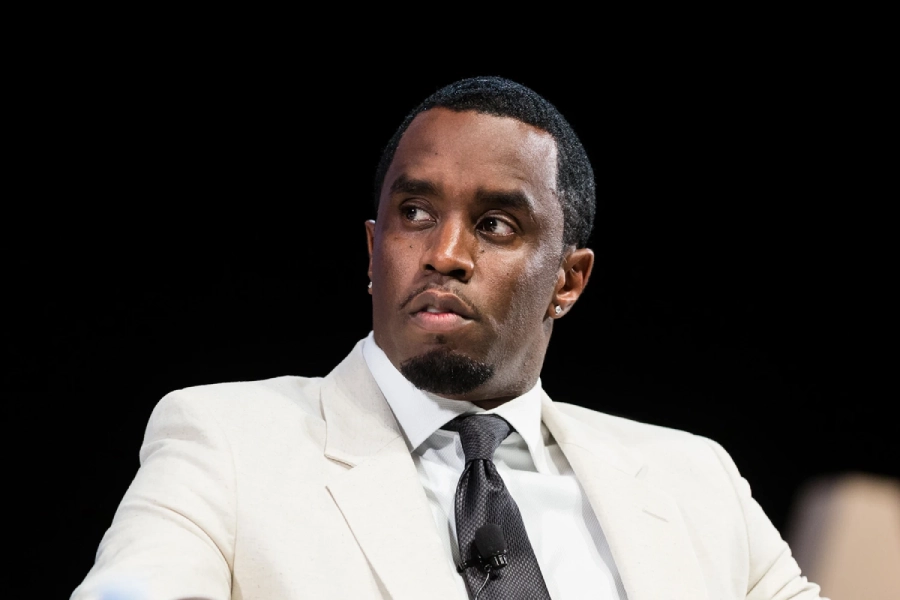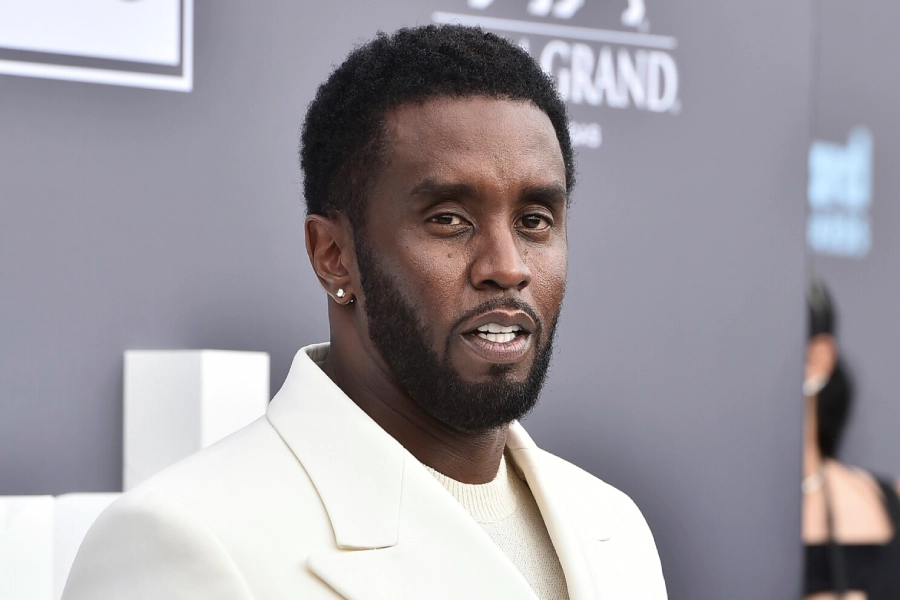The high-profile federal criminal trial against Sean “Diddy” Combs, a once-celebrated music mogul and billionaire entrepreneur, has reached a dramatic conclusion: Diddy has been found not guilty on all major charges, shocking many and raising important questions about the complexities of prosecuting celebrity figures in the United States.
This article updates the full case, analyzing the trial’s key moments, the legal framework, and what the verdict means for the future of similar cases under federal law.

Recap: What Was Diddy Charged With?
Diddy faced multiple serious charges stemming from an extensive federal investigation into an alleged sex trafficking ring. The original indictment included:
- Sex trafficking
- Racketeering under the RICO Act
- Transportation to engage in prostitution
- Additional dropped charges such as attempted kidnapping and arson
The prosecution alleged that Diddy orchestrated and funded “freak-off” parties involving escorts and victims, with coercion through drugs and threats. They argued these actions formed a criminal enterprise in violation of the Racketeer Influenced and Corrupt Organizations Act (RICO).
The RICO Charges Explained
RICO is a powerful federal statute primarily aimed at dismantling organized crime. To convict under RICO, the prosecution must prove:
- A pattern of racketeering activity (at least two related criminal acts within 10 years)
- Participation in an enterprise affecting interstate commerce
- That the defendant committed criminal acts as part of that enterprise
This trial was one of the first times RICO was applied in a sex trafficking context involving a celebrity, making it legally groundbreaking.
Key Evidence and Testimonies
The prosecution’s case relied heavily on:
- Testimonies from alleged victims, including former partners Cassie Ventura Fine and an anonymous accuser “Jane”
- Audio recordings referencing drug use and escort coordination
- Multimedia evidence like video footage of the alleged parties
- Financial records linking Diddy to payments for illicit activities
Despite this, Diddy’s defense team mounted a powerful counter-strategy by not calling any witnesses or having Diddy testify, betting on the prosecution’s failure to meet the “beyond a reasonable doubt” standard.
The Verdict: Diddy Not Guilty
On July 1, 2025, after weeks of deliberation, the jury returned a verdict of not guilty on all counts. The decision came as a surprise to many given the extensive evidence presented. Here’s what likely influenced the outcome:
-
Reasonable Doubt
The defense’s refusal to present witnesses, including Diddy himself, placed the burden solely on the prosecution to prove guilt conclusively. The jury must acquit if any reasonable doubt exists about the defendant’s criminal responsibility.
-
Challenges in Proving RICO in This Context
While RICO is effective against traditional organized crime, its application in complex sex trafficking cases involving high-profile individuals is less established. The prosecution struggled to convincingly connect all elements of the criminal enterprise to Diddy’s direct involvement.
-
Jury Fatigue and Emotional Impact
The lengthy trial featured graphic and emotional testimonies that may have overwhelmed jurors, complicating their ability to maintain objectivity, especially when faced with celebrity influence.
Legal Implications of the Verdict
The Diddy not guilty verdict highlights several important points about U.S. federal criminal law:
- Presumption of Innocence remains foundational, regardless of media attention or public opinion.
- Applying RICO in non-traditional contexts (like sex trafficking with celebrity defendants) presents unique evidentiary hurdles.
- Prosecutors may need to refine strategies when handling high-profile, emotionally charged cases to avoid jury confusion or bias.

What Happens Now?
Though acquitted federally, Diddy may still face civil lawsuits or further investigations. The government could also pursue appeals or different jurisdictions if new evidence emerges.
Broader Impact: Celebrity and Justice
This case echoes previous high-profile trials where public figures faced serious criminal allegations. It underscores the tension between:
- Public demand for accountability
- The right to a fair trial without prejudice
- Challenges in balancing media coverage with judicial fairness
Conclusion
The Diddy not guilty verdict marks a watershed moment in American legal history, illustrating the complex interplay of celebrity, criminal law, and the pursuit of justice. While many remain divided over the outcome, the trial offers a critical case study in federal prosecutions of alleged organized sex crimes involving high-profile defendants.
The case will undoubtedly influence future strategies by prosecutors and defense teams alike, shaping the evolving landscape of celebrity criminal trials in the United States.
FAQ
Is Diddy free now?
Yes, following the not guilty verdict, Diddy was released from custody.
Why did the jury acquit despite the evidence?
The jury must be convinced beyond a reasonable doubt. The defense successfully created enough uncertainty about Diddy’s direct criminal responsibility.
Will this case change how sex trafficking trials are prosecuted?
Potentially, yes. Prosecutors might develop new approaches or legal tools to address organized sex trafficking more effectively in the future.
What role did the RICO charges play?
RICO was central to framing the allegations as part of a larger criminal enterprise, but it was also a challenge for the prosecution to prove in this context.

